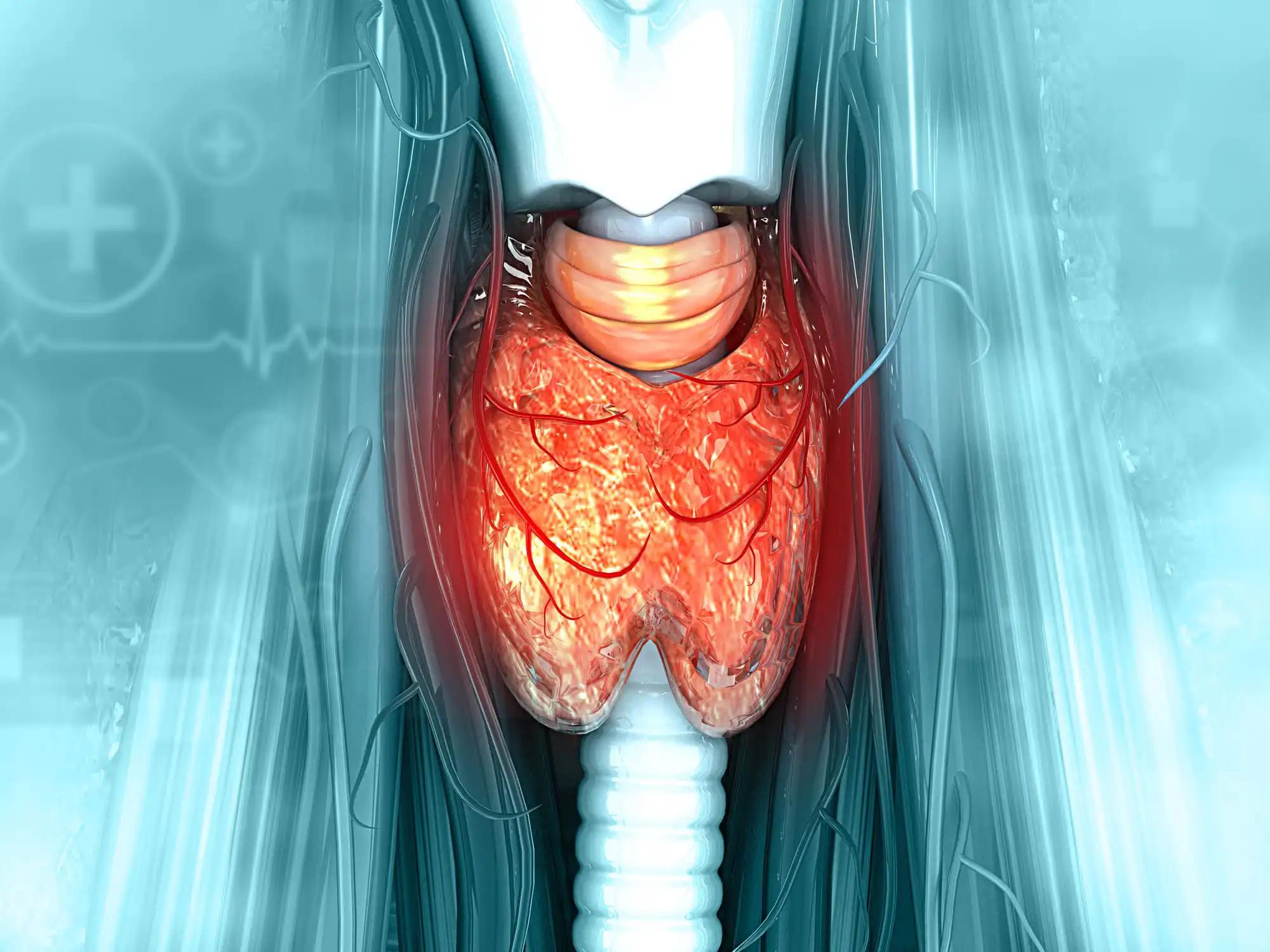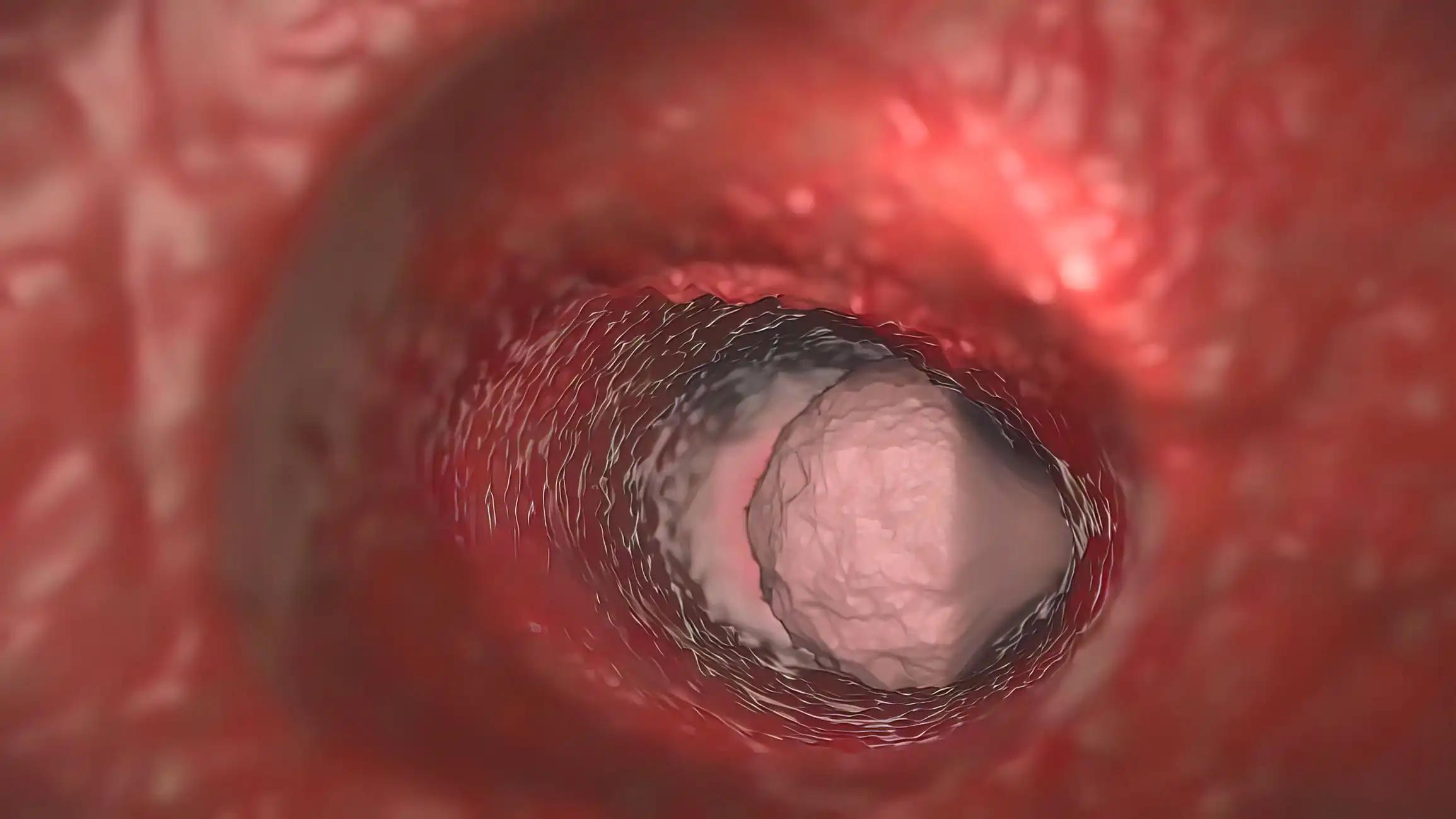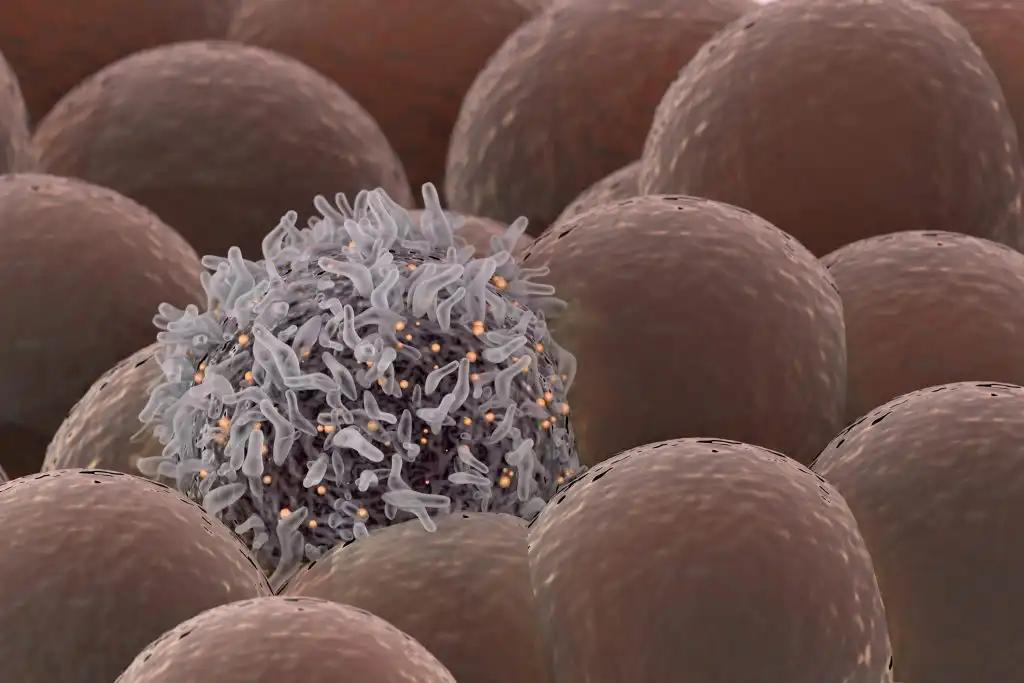KEY TAKEAWAYS
- AEGEAN phase 2 trial evaluated the effectiveness of neoadjuvant Durvalumab (D) in combination with Chemo followed by surgery (Sx) and adjuvant D in patients with R-NSCLC.
- The principal objectives of the study were to assess the pCR as determined by central evaluation and EFS as evaluated by the BIC.
- In the modified intention-to-treat population, 84.7% of patients in the experimental arm and 87.2% in the placebo arm completed four cycles.
- The rate of pCR was notably elevated, and EFS was significantly extended in the D arm compared to the PBO arm, as per the mITT analysis.
Recent clinical trials have shown that immunotherapy provides clinical benefits in both the neoadjuvant and adjuvant resectable (R) non-small cell lung cancer (NSCLC) settings. The AEGEAN clinical trial (NCT03800134) is a study that involves randomization, double-blinding, and the use of a placebo control group. The trial aimed to evaluate the effectiveness of neoadjuvant durvalumab (D) in combination with chemotherapy (CT) followed by surgery (Sx) and adjuvant D in patients (pts) who have R-NSCLC.
In this study, individuals who were diagnosed with previously untreated non-small cell lung cancer (NSCLC) at stage II-IIIB (N2) according to the 8th edition of the American Joint Committee on Cancer (AJCC) staging system and had an Eastern Cooperative Oncology Group (ECOG) performance status of 0 or 1 were randomly assigned in a 1:1 ratio to receive either 1500 mg of D or a placebo intravenously (IV) in combination with platinum-based chemotherapy every 3 weeks for a total of 4 cycles before surgery. Following surgery, the participants received either 1500 mg of D or a placebo IV every 4 weeks for up to 12 cycles. The patients were categorized based on their disease stage (II or III) and the level of PD-L1 tumor cell expression (<1% or ≥1%, as determined by Ventana SP263). Patients with confirmed EGFR/ALK aberrations were not included in the modified intent-to-treat (mITT) group to analyze effectiveness. The principal objectives of the study were to assess the pathological complete response (pCR) as determined by central evaluation and event-free survival (EFS) as evaluated by the blinded independent central review (BICR), using the Response Evaluation Criteria in Solid Tumors version 1.1 (RECIST v1.1). The safety of all patients who received one or more doses of the study treatment was evaluated.
During the period spanning from January 2nd, 2019, to April 19th, 2022, a total of 802 patients were randomly assigned to the intention-to-treat (ITT) population, with 740 patients included in the modified ITT (mITT) population. Out of these, 799 patients were administered treatment, with 400 patients receiving the D arm treatment and 399 patients receiving the placebo (PBO) arm treatment. The baseline characteristics were predominantly equilibrated in the modified intention-to-treat population. In the modified intention-to-treat population, 84.7% of patients in the experimental arm and 87.2% in the placebo arm completed four cycles of platinum-doublet chemotherapy. Additionally, 77.6% and 76.7% of patients in the respective arms completed the prescribed surgery. As of November 10, 2022, with a data cutoff, the median event-free survival follow-up in censored patients was 11.7 months, according to the modified intention-to-treat analysis. The rate of pathological complete response (pCR) was notably elevated, and event-free survival (EFS) was significantly extended in the D arm compared to the placebo (PBO) arm, as per the modified intention-to-treat (mITT) analysis presented in the table. Within the safety analysis set, maximum grade 3/4 any-cause adverse events were observed in 42.3% and 43.4% of participants in the D and PBO arms throughout the treatment period.
The AEGEAN clinical trial achieved its primary endpoints of enhanced pathological complete response (pCR) and event-free survival (EFS). The administration of perioperative D in combination with neoadjuvant chemotherapy has been observed to have a controllable safety profile.
Source: https://www.abstractsonline.com/pp8/#!/10828/presentation/10920
Clinical Trial: https://clinicaltrials.gov/ct2/show/NCT03800134
John V. Heymach, David Harpole, Tetsuya Mitsudomi, Janis M. Taube, Gabriella Galffy, Maximilian Hochmair, Thomas Winder, Ruslan Zukov, Gabriel Garbaos, Shugeng Gao, Hiroaki Kuroda, Jian You, Kang-Yun Lee, Lorenzo Antonuzzo, Mike Aperghis, Gary J. Doherty, Helen Mann, Tamer M. Fouad, Martin Reck/ CT005 – AEGEAN: A phase 3 trial of neoadjuvant durvalumab + chemotherapy followed by adjuvant durvalumab in patients with resectable NSCLC/(2020). Abstractsonline.com. https://www.abstractsonline.com/pp8/#









